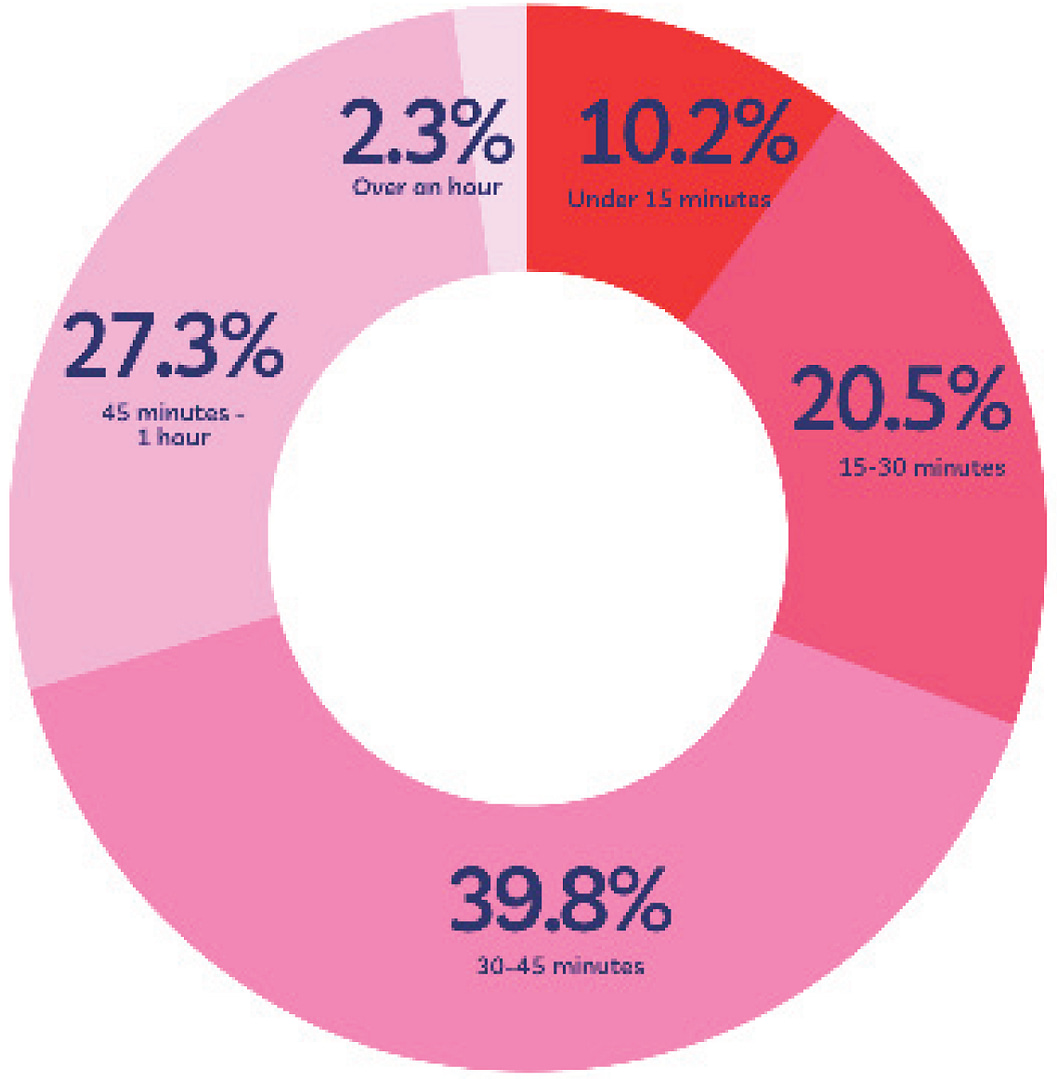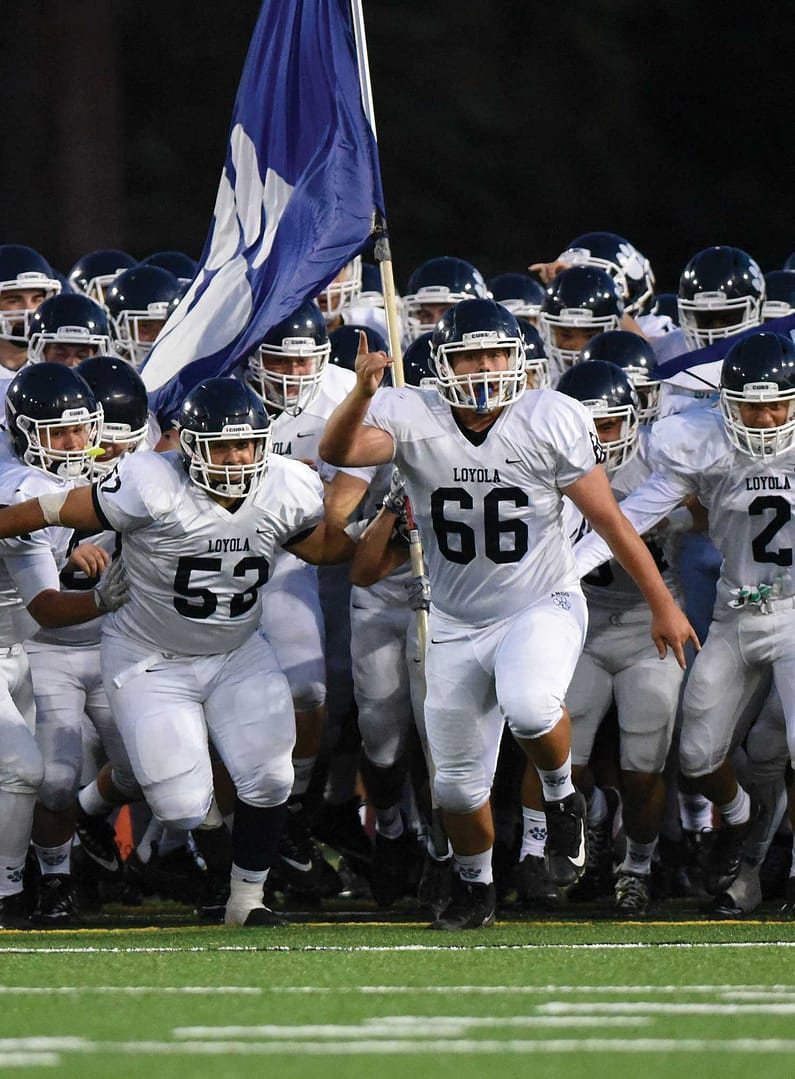San Francisco 49ers quarterback Colin Kaepernick has the right to sit for the National Anthem, but the question on many people’s minds is whether or not he can justify his action.
Starting before a preseason game on Aug. 16, 2016, Kaepernick sat on the bench during the singing of “The Star-Spangled Banner,” going unnoticed because he was out of uniform. On Aug. 26, 2016, Kaepernick sat again for the anthem, this time in uniform, and was noticed by a reporter. After the game Kaepernick told reporters that he sat because of the oppression of people of color due to police brutality.
Kaepernick, in a press conference two days later, claimed that he wanted to bring attention to the string of killings of unarmed African-American men by police. He said that he wanted to “continue to stand with the people that are being oppressed….When there’s significant change and I feel that flag represents what it’s supposed to represent, and this country is representing people the way that it’s supposed to, I’ll stand.”
Despite receiving criticism from members of the media, specifically the Right, Kaepernick continued “defying” the national anthem, as he kneeled with teammate Eric Reid in their next preseason game on Sept. 1. After Kaepernick conversed with NFL long snapper and former service member Nate Boyer, the pair decided to kneel in order to show respect to members of the military.
While Kaepernick’s protest has become a major controversy in the news cycle, many of his critics and supporters are forgetting about his message. Most of his critics claim that he is deliberately disrespecting members of the military who fought and died for the flag, but, as disrespectful as some might find his actions, he is merely exercising his constitutional right of freedom of speech and expression in the way he sees fit.
Throughout American history, athletes have used their status as a way to promote social issues or protest. In baseball player Jackie Robinson’s autobiography published in 1972, Robinson wrote, “I cannot sing the anthem. I cannot salute the flag; I know that I am a black man in a white world.”
Furthermore, at the 1968 Summer Olympic Games, African-American sprinters Tommie Smith and John Carlos raised their fists in a black power salute after winning their gold and bronze metals. Many other athletes––from boxer Muhammad Ali to punter Chris Kluwe––have used their fame to begin or continue dialogues on the issues facing our country.
One might argue that Kaepernick’s status as a backup quarterback on one of the worst teams in the NFL damages the importance of his message. Indeed, Kaepernick himself has failed to live up to the expectations of superstardom after leading his team to the Super Bowl in his first year as a starting quarterback.
Instead of criticizing Kaepernick for “hating America” or “playing the victim,” we, as Americans and Loyola Cubs, should focus on addressing the problems and finding solutions. In this time of unprecedented political divisiveness, merely labeling Kaepernick’s protest unpatriotic is absurd.
If Kaepernick deserves any justified criticism, it is for his immature socks portraying policemen as pigs, a mistake which clearly shows that Kaepernick is somewhat naive. The message of his protest might have been more well received if an athlete more respected or famous––such as a Lebron James or Richard Sherman––were to kneel during the national anthem.
The main takeaway from Kaepernick’s protest should be that we must open a conversation on how race affects our country, whether on Loyola’s campus or in our respective communities.
Whether or not Kaepernick was the right messenger for the protest is irrelevant at this point. He is not a Muhammad Ali or Jackie Robinson in terms of skill or fame, but the fact that other players on his team and throughout the league are adopting his protest further proves the importance of his message to the African-American community.
Kaepernick is not a victim of feeling “oppressed”; he merely wishes to bring attention to a major issue in our country.







Comments are closed.